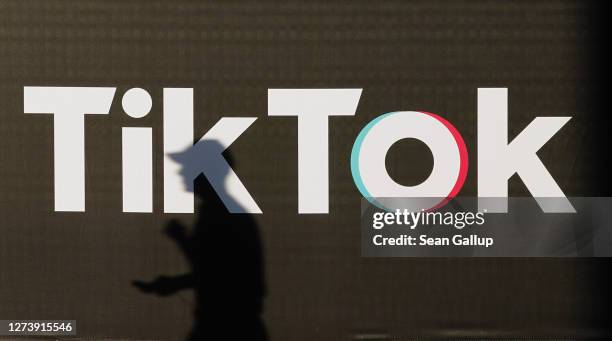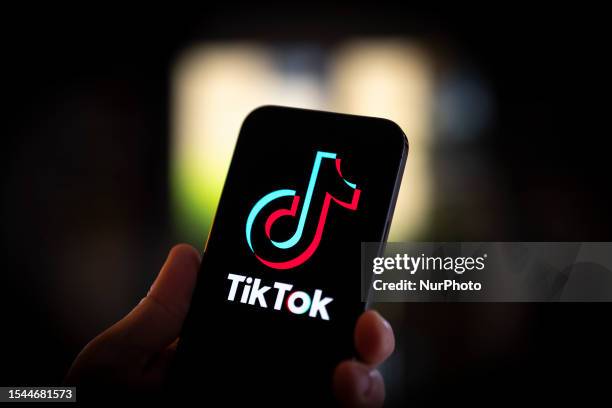
The U.S. Supreme Court is to consider arguments relating to a law that might result in a TikTok ban. It was approved in both chambers of Congress and passed with the signature of the president and is to be implemented on January 19. They demand TikTok must separate itself from ByteDance or else be banned from being downloaded from the app stores and web-hosting services in the U.S.
Balancing National Security and Free Speech
The two primary issues are whether the law infringes on the First Amendment and what should be done, pressing free speech against the security of the nation. The U.S. government believes that data collection is dangerous; while critics submit that if the app is banned, then the voices of millions of Americans who exercise their freedom of speech via this platform to converse and earn a living will be silenced.
The Law and Its Implications

This law therefore goes by the name Protecting Americans from Foreign Adversary Controlled Applications Act and bars third-party service providers from distributing applications found to be controlled by foreign adversaries such as China. TikTok could continue serving its users if it loses its association with ByteDance, but ByteDance has freely said that it won’t sell TikTok.
In its recent provisions, the law also permits a one hundred and eighty days break and the president to extend it by a further ninety days if the sale is ongoing, making the legal processes more complicated. Earlier, an appeals court dismissed the case in favor of TikTok and its users on the grounds of national security to ban the application. However, the Supreme will have several implications for exercises of governmental powers over civil freedoms.
Considerations for the Supreme Court
The case also prompts further reflection on the degree to which nationalism legitimated by national security can trump popular social media and Internet applications. It also raises awareness of what is at stake for the more than 100 million users of TikTok in the United States. Especially all those for whom the application represents a source of income. Depending on what the ruling will be, it will become a clear example of how future conflicts between digital platforms and national security are to be resolved.


